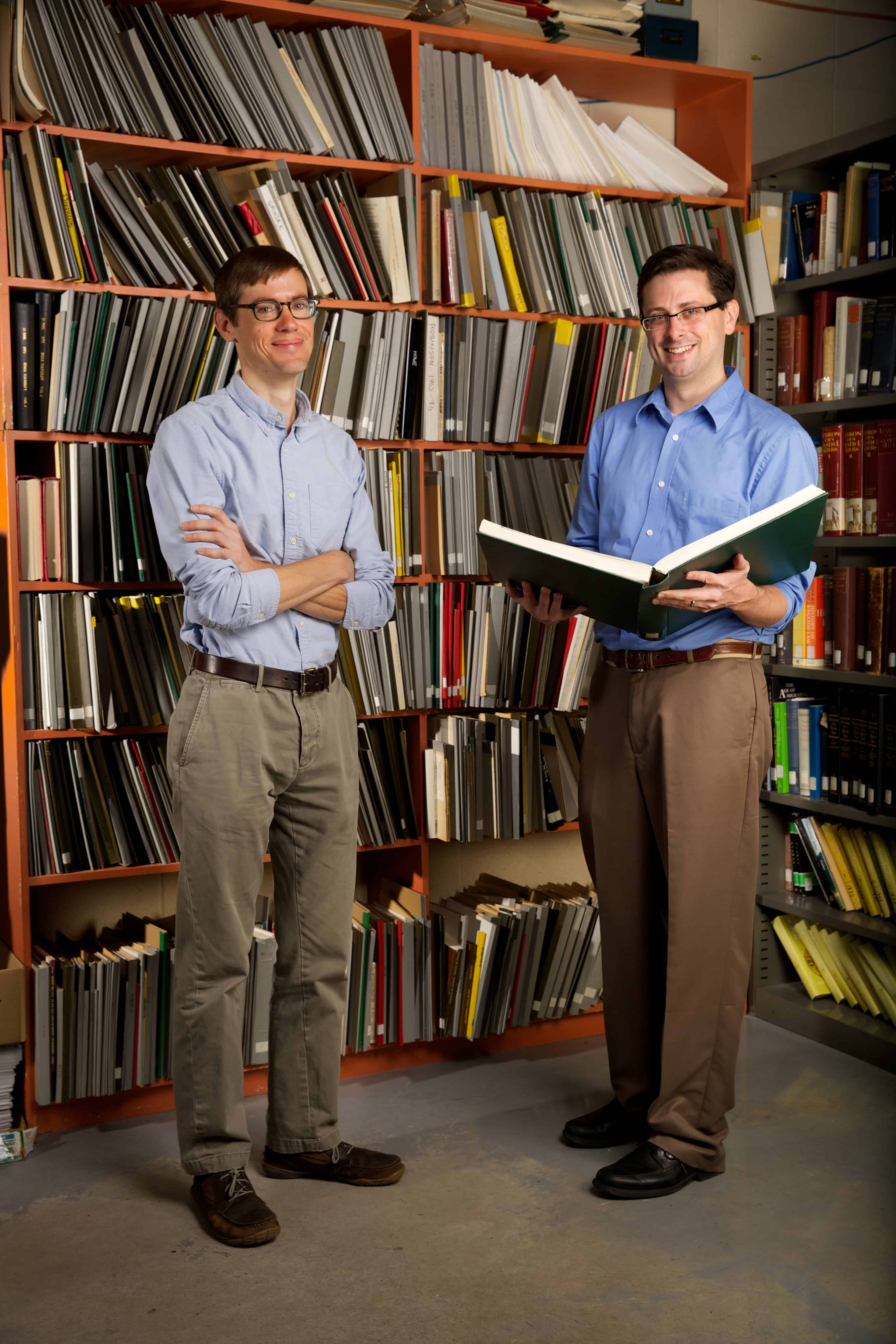Robert Getz became interested in Old English while studying Russian at the University of Chicago, which later led him to complete his PhD at U of T. His interest brought him to the Dictionary of Old English (DOE) as co-editor, along with fellow professor Stephen Pelle, in 2014.
“One of the more interesting entries I got to write was hell,” he said. “That was the first entry I got to write as drafting editor.”
“It was sort of funny that as soon as we got there, they gave heofon (for heaven) to Stephen and hell to me.”
The DOE released their latest volume for the letter H last November. The DOE is a project led by the Centre for Medieval Studies, which aims to preserve the origins of the language that billions of people around the world use daily.
Getz, along with co-editor Pelle were recently featured in a video on U of T’s YouTube channel, which showcased the dictionary and some Old English words included in the newest volume of the DOE.
Old English refers to the earliest recorded use of English by Germanic settlers in Great Britain. According to the Oxford English Dictionary, Old English branches from Western Germanic languages, including Old Frisian and Old Saxon.
Getz says that Old English differs from its modern form, as English has borrowed words from other languages over time.
“A lot of our Modern English vocabulary has been borrowed from other languages, especially French and Latin,” he said. “If you were to pick up an Old English text, a lot of the vocabulary you may not recognize at all.”
“English has changed dramatically since the Old English period,” Getz continued.
The DOE aims to cover words from the first six centuries of the English language, from 600–1150 CE. According to its website, the DOE says it aims to “complement” the Middle English Dictionary and the Oxford English Dictionary, which covers English words from 1100 CE to today.
The project was launched in 1970 by the late Angus Cameron, who was a professor of Medieval Studies at U of T. The DOE is based on a corpus consisting of the earliest text of written English from the seventh century. The corpus is digitized by graduate research students.
The DOE began creating entries in 1982, and its first volume was published in 1986 in microfiche.
“All our entries are intended to be a comprehensive examination of that corpus,” Getz said. “We will account for all the evidence, all the Old English instances of a word when writing an entry.”
In its forty-seventh year, the DOE has completed nine volumes, from A to H, and a volume for the letter Æ — pronounced ash. By the time of its completion, the dictionary is projected to have between 33,000–35,000 entries.
Getz says that looking into Old English would give the public a greater understanding of “where our words come from.”
“Everyone who speaks English today would be likely to be curious in the history of our language,” he said. “The most basic part of our vocabulary is largely inherited from Old English.”


